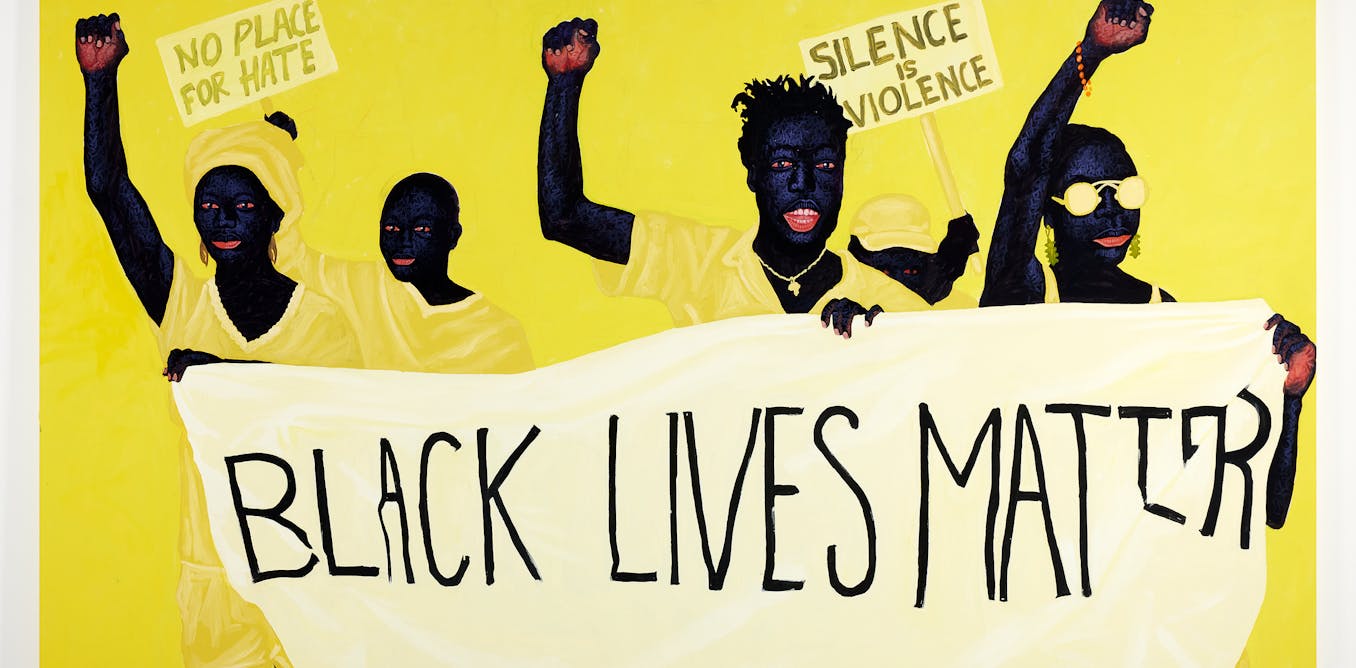Did pop art have its heyday in the 1960s? Perhaps. But it is also utterly contemporary
Drawn from the private collection of Jose Mugrabi, Pop Masters: Art from the Mugrabi Collection is the first international exhibition presented by HOTA.
It is the strongest signal yet of HOTA’s commitment to investing in a strong and vibrant visual arts community.
Continued here